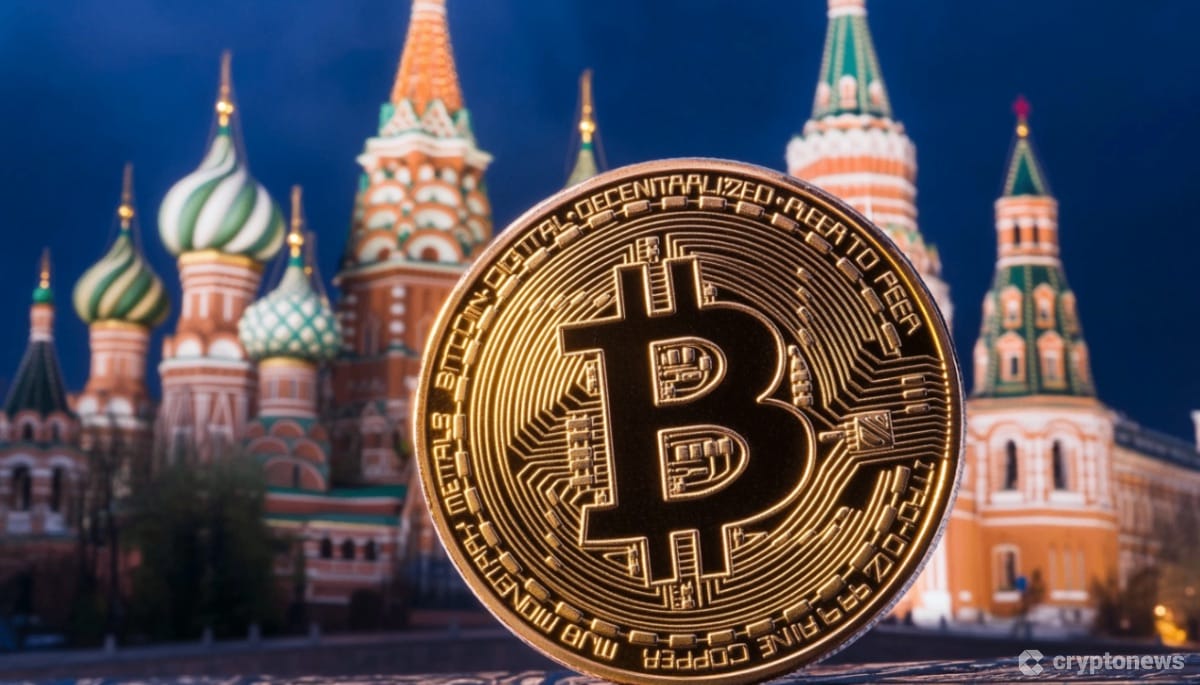Last updated:
 Why Trust Cryptonews
Why Trust Cryptonews

Russia is possibly considering to create at least two crypto exchanges to support foreign economic activity, a Kommersant report, noted.
Per the report, one of the exchanges would use the St. Petersburg Currency Exchange (SPCE) database for foreign economic activity.
The second exchange would reportedly be established in Moscow. However, sources did not reveal whether it will be created on the basis of the Moscow Exchange or separately.
Initially, only a few users will use these exchanges in “test mode,” said Mikhail Uspensky, member at the legislative regulation of cryptocurrencies of the State Duma, the Russian Federation. Later, it will be open to large exporters and importers, he added.
Uspensky believes that small and medium businesses, especially individuals, are unlikely to receive unimpeded access to the exchanges at first.
“It is important to emphasize once again that the contours of the future experiment are entirely at the mercy of the regulator,” he added.
Exchanges to Focus on Chinese Yuan and BRICS Currency-Tied Stablecoin
Additionally, the crypto exchanges will focus on creating stablecoins pegged to Chinese yuan and BRICS currency basket in general.
Russia has been discussing conducive environment for stablecoins lately, the central bank of Russia, Bank of Russia, said in July that it is considering the legalization of stablecoins for cross-border transactions.
Further, Russia’s commodities firms have turned to stablecoins for executing financial transactions with Chinese counterparts. This moves came in response to international restrictions and tightening compliance measures.
Oleg Ogienko, head of communications at BitRiver, told Kommersant that stablecoins are digital financial assets in terms of Russian legislation.
Uspensky further noted that the project has significant risks. For instance, is the confidentiality of the transaction is violated, transaction info “may end up on sanctions lists.” This would also lead to blocking of transactions with crypto assets purchased on such domestic exchanges.
“Simply put, if information leaks into the public domain that cryptocurrency was purchased on a Russian exchange, then with the help of special technical means it will be easy to track and mark absolutely all transactions as suspicious.”
The expert believes that the centralized nature would kill any trust.















